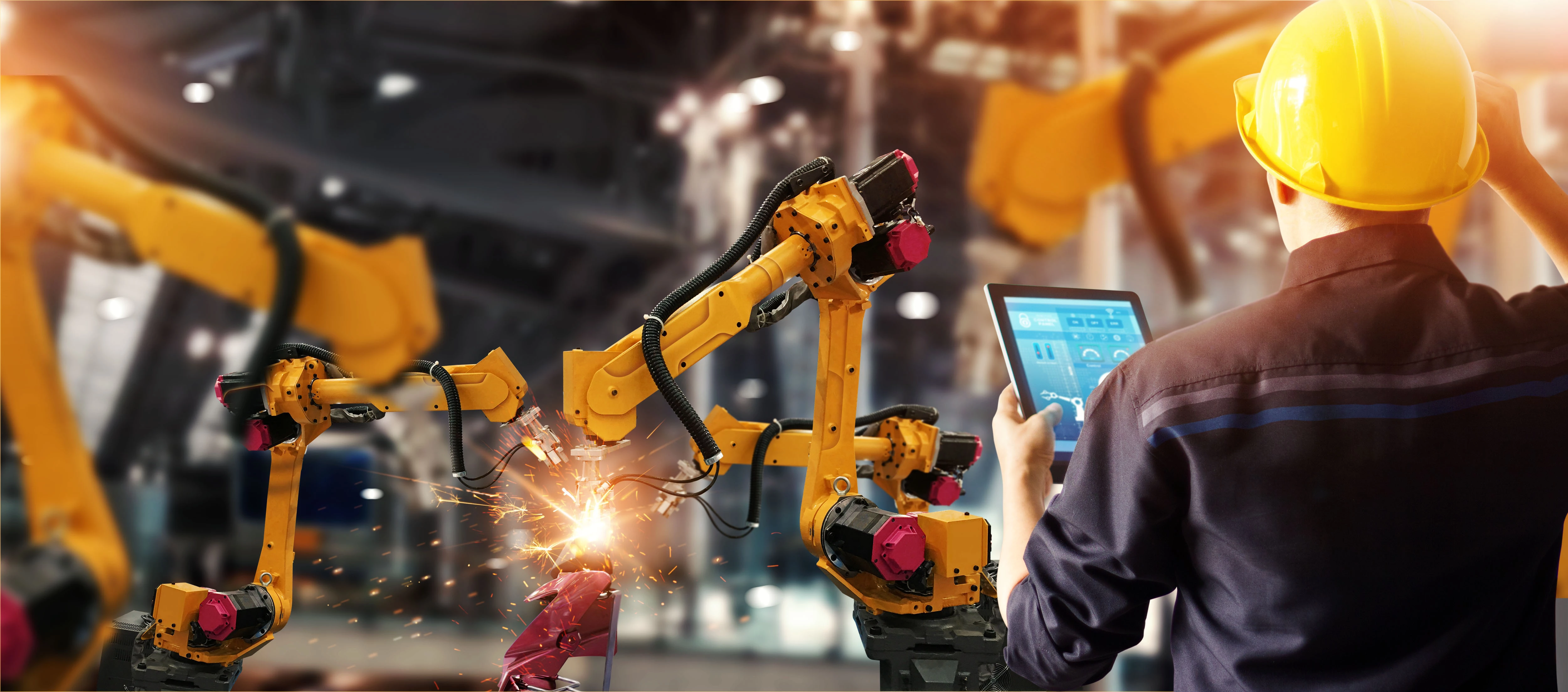
Partner Article
Why manufacturers can’t afford to ignore AI
Whilst Artificial Intelligence (AI) has been adopted with increasing speed over the past few years by multiple industries eager to drive growth and digital transformation, the manufacturing field has not been as quick to utilise this technology.
Nick Boyer, Director, Strategic Consulting, PROS, spoke to us about why the manufacturing industry must get on-board with AI.
What benefits does AI bring to manufacturing?
Manufacturing, along with other traditional industries, is data-rich, however it has struggled to use this data as an intelligent resource to guide decision-making in order to optimise cost, revenue and margin.
AI gathers real-time data points from across a business, as well as delivering insights into a constantly changing market and economy. By intelligently analysing these data sources in conjunction with each other, AI enables manufacturers to make more effective decisions around operations, supply and demand, pricing, and product offerings. A key part of this is empowering manufacturers to adapt to the real-time market in a flexible and dynamic way, ensuring that they can always navigate complexity and remain able to accurately predict demand, dynamically adjust price based on customer and market dynamics, anticipate churn and maximise margin.
Another key benefit of AI for manufacturing is the technology’s ability to help manufacturers offer more personalised buying experiences for customers, in which companies are proactive to customer needs, agile to changing market conditions and one step ahead of competitors due to real-time analytics. For example, AI can offer optimised recommendations around pricing, providing specialised, tailored and consistent offers for buyers, in which the right price point is identified at the right time. The buying experience is also enhanced by AI streamlining the selling and ordering processes to make them more efficient and immediate for the customer.
AI-enabled flexibility in turn enables manufacturers to adopt new, modern business models which optimise revenues. For example, data-driven insights from AI have already encouraged some manufacturers to lease out, rather than sell, heavy machinery, and source incremental revenues from subscriptions and add-ons. This is part of an AI-enabled shift from manufacturing as a traditional industry towards a service industry, where products-as-a-service are more lucrative and profitable. AI has thus facilitated the emergence of new business models for the manufacturing industry.
How crucial is AI in manufacturing, in this time of digital transformation, to the success of a project?
The past 19 months have proved the necessity of digital transformation for a business to survive and remain agile during periods of volatility. AI can respond more quickly and accurately to disruptions than a human can, adjusting pricing immediately, across a portfolio of products, to account for supply chain issues, inflation and other external factors. It can also predict how demand will respond to price changes in these volatile times, helping manufacturers to ensure price moves do not result in demand that ultimately cannot be satisfied. With unforeseeable crises always possible, AI offers the flexibility and agility necessary for revenue streams to be resilient and profitable.
Along with other emerging technologies, AI supports digital transformation on a larger scale through shifting the mode of business to be driven by accurate insights gained from a deeper understanding of data. Profound and far-reaching digital transformation can only occur when manufacturers embrace the power of AI to drive decision-making. Without this, the effectiveness, profitability and long-term success of digital transformation is compromised.
Why do you think there has been such an acceleration in the adoption of AI in manufacturing?
Manufacturers are operating in a much more challenging environment than ever before. They have to cope with volatile input costs, supply issues, fluctuating demand and moving from making one price change a year to many per year. At the same time, their customers are wanting to deal with them through a variety of channels at a time of high price transparency. With high expectations for personalisation, speed and consistency from all channels, AI has enabled manufacturers to step up to this task.
This was posted in Bdaily's Members' News section by PROS .








 Raising the bar to boost North East growth
Raising the bar to boost North East growth
 Navigating the messy middle of business growth
Navigating the messy middle of business growth
 We must make it easier to hire young people
We must make it easier to hire young people
 Why community-based care is key to NHS' future
Why community-based care is key to NHS' future
 Culture, confidence and creativity in the North East
Culture, confidence and creativity in the North East
 Putting in the groundwork to boost skills
Putting in the groundwork to boost skills
 £100,000 milestone drives forward STEM work
£100,000 milestone drives forward STEM work
 Restoring confidence for the economic road ahead
Restoring confidence for the economic road ahead
 Ready to scale? Buy-and-build offers opportunity
Ready to scale? Buy-and-build offers opportunity
 When will our regional economy grow?
When will our regional economy grow?
 Creating a thriving North East construction sector
Creating a thriving North East construction sector
 Why investors are still backing the North East
Why investors are still backing the North East